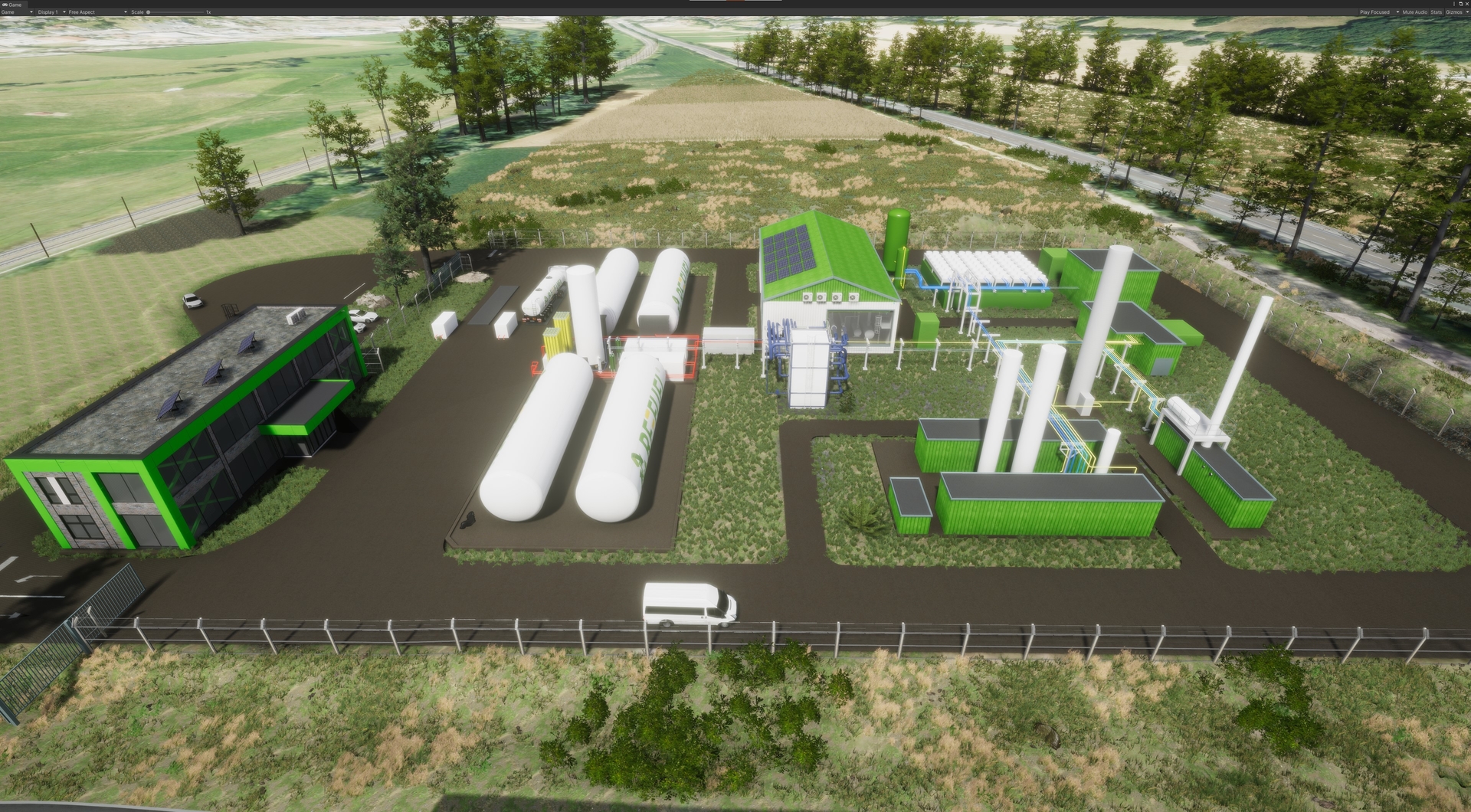Germany – REEFUELERY GmbH is constructing a bio-LNG (liquefied natural gas) facility in Germany to produce the low-emission and climate-friendly REEFUEL – a carbon-neutral transportation fuel.
When the facility is finished in the first quarter of 2024, it will be able to create LNG from biomethane, which will be utilized as an alternative fuel for heavy-duty and freight transportation to cut down on CO2 emissions.
The bio-LNG facility near Fulda will utilize biomethane produced from agricultural and municipal waste to produce up to 180 tons of climate-neutral fuel daily. The eco-friendly fuel helps decarbonize heavy-duty transportation and may be used in any LNG-powered truck. With the quantities produced in the plant, up to 4,500 heavy-duty vehicles can be operated permanently in a climate-neutral manner. Compared to diesel fuel, this can save up to 550,000 tons of CO2 annually.
Bilfinger support
REEFUELERY GmbH is building the plant with assistance from Bilfinger. Pumps, storage tanks, equipment for refueling tanker trucks, and pieces for cleaning and liquefying the gas are just a few of the numerous items that make up the bio-LNG plant. EPC (engineering-procurement-construction) services for the refueling facility and piping construction skills are among Bilfinger’s services for the construction of the bio-LNG plant.
The location close to Fulda was chosen by REEFUELERY, a client of Bilfinger, due to having easy access to MIDAL, one of Germany’s most potent gas pipelines.
Bio-LNG gaining ground
Cutting greenhouse gas (GHG) emissions in the transportation sector must be done immediately if Germany is to meet its 2030 target of reducing overall GHG emissions by 65% compared to 1990 levels. In 2022, the GHG reduction quota will rise to 7%, and it will then be steadily increased to 25% by 2030.
Germany generated 45% of its electricity from renewable sources in 2020. However, just 7.5% of the energy used in the transportation sector comes from renewable sources, with the majority coming from biodiesel (a little under 70%) and bioethanol (a little under 20%). The use of biomethane and bioLNG fuels is likely to gain traction. In order for Germany to achieve decarbonization in the future, it will be critical to boost the amount of renewable energy used in transportation, a sector that has experienced no reduction in GHG emissions over the previous 30 years.




